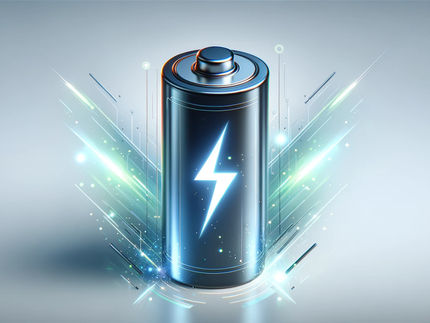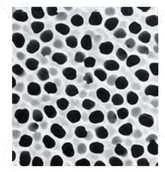Max Planck Innovation and FuMA-Tech sign exclusive licencing agreement for novel fuel cell technology
New membrane material solves crucial problem for methanol-based fuel cells
Advertisement
Max Planck Innovation GmbH has signed an exclusive license agreement with BWT subsidiary FuMA-Tech GmbH for a patent covering a novel material for fuel cell membranes, its synthesis and use.
The novel material, sulfonated poly(arylene) bears the potential to overcome some of the limitations of existing fuel cell membranes as it exhibits unprecedented hydrolytic and thermo-oxidative stability, very high conductivity also at low humidification levels and very low methanol uptake.
"We will use the material for the development of novel membranes for direct methanol fuel cells (DMFCs) and intermediate temperature hydrogen fuel cells as it provides for better efficiency and more chemical stability than existing polymers," said Dr Bernd Bauer, Managing Director of FuMA-Tech. "However we may also explore applications in batteries, electrolysis, electrodialysis, water preparation and others."
Most read news
Topics
Organizations
Other news from the department business & finance
These products might interest you

Get the chemical industry in your inbox
By submitting this form you agree that LUMITOS AG will send you the newsletter(s) selected above by email. Your data will not be passed on to third parties. Your data will be stored and processed in accordance with our data protection regulations. LUMITOS may contact you by email for the purpose of advertising or market and opinion surveys. You can revoke your consent at any time without giving reasons to LUMITOS AG, Ernst-Augustin-Str. 2, 12489 Berlin, Germany or by e-mail at revoke@lumitos.com with effect for the future. In addition, each email contains a link to unsubscribe from the corresponding newsletter.
Most read news
More news from our other portals
See the theme worlds for related content
Topic World Battery Technology
The topic world Battery Technology combines relevant knowledge in a unique way. Here you will find everything about suppliers and their products, webinars, white papers, catalogs and brochures.

Topic World Battery Technology
The topic world Battery Technology combines relevant knowledge in a unique way. Here you will find everything about suppliers and their products, webinars, white papers, catalogs and brochures.
Topic world Synthesis
Chemical synthesis is at the heart of modern chemistry and enables the targeted production of molecules with specific properties. By combining starting materials in defined reaction conditions, chemists can create a wide range of compounds, from simple molecules to complex active ingredients.

Topic world Synthesis
Chemical synthesis is at the heart of modern chemistry and enables the targeted production of molecules with specific properties. By combining starting materials in defined reaction conditions, chemists can create a wide range of compounds, from simple molecules to complex active ingredients.





























































